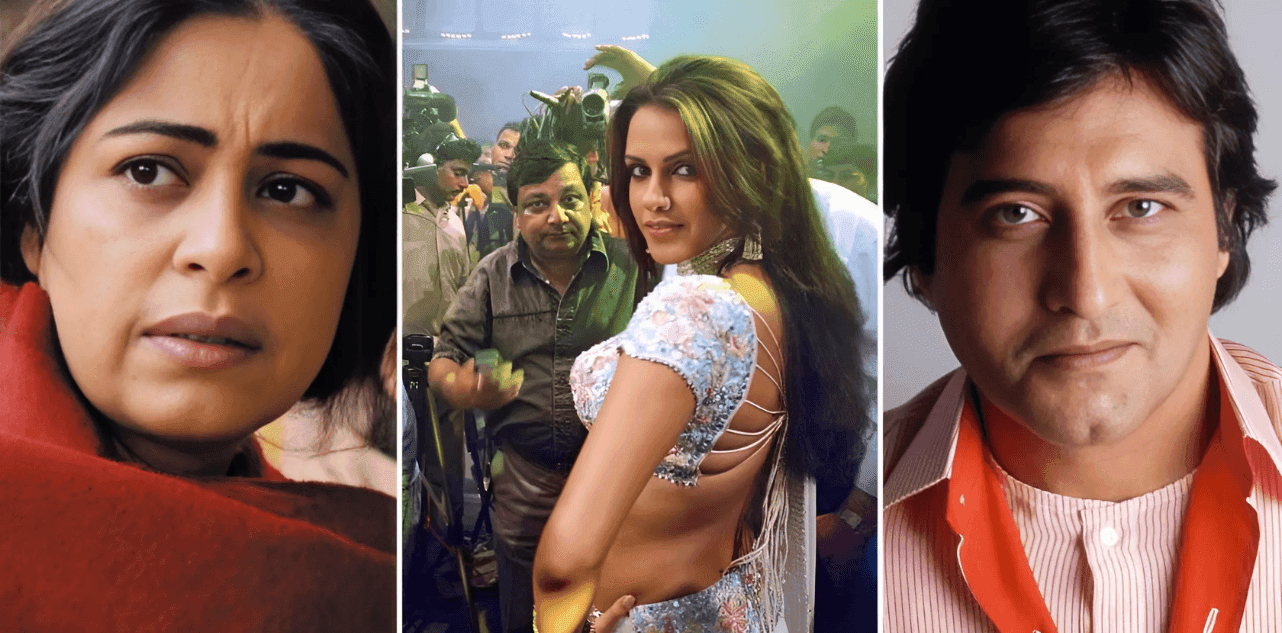Monday 16 February 2026
Indian Actors who Featured in Pakistani Films...
Share

Cinema has long served as a bridge between cultures, transcending political boundaries and fostering mutual appreciation. In the context of India and Pakistan, two nations with a shared history and complex relationship, the collaboration of Indian actors in Pakistani films stands as a testament to the unifying power of art. This article delves into notable instances of such collaborations and explores the broader implications of these cross-border artistic endeavors.
Several Indian actors have ventured into Pakistani cinema, bringing their talent and star power to the neighboring country's film industry:
Naseeruddin Shah: A veteran actor known for his versatility, Shah appeared in Pakistani films like Khuda Ke Liye (2007) and Zinda Bhaag (2013),both critically acclaimed and significant in promoting cross-cultural narratives.
Om Puri: Renowned for his powerful performances, Puri starred in Actor in Law (2016), a Pakistani film that received widespread acclaim. His involvement underscored his belief in cinema as a medium to bridge divides.
Kirron Kher: Kher delivered a compelling performance in Khamosh Pani (2003), a film that earned international accolades and highlighted the shared cultural threads between the two nations.
Neha Dhupia: The actress made a special appearance in the Pakistani film Kabhi Pyar Na Karna (2008), showcasing the collaborative spirit between the industries.
Arbaaz Khan and Vinod Khanna: Both actors featured in Godfather: The Legend Continues (2007), a Pakistani adaptation inspired by the Hollywood classic, symbolizing a blend of cinematic influences.
The participation of Indian actors in Pakistani films is more than a professional engagement; it's a cultural exchange that fosters mutual understanding. These collaborations allow audiences to experience diverse narratives and perspectives, enriching the cinematic landscape of both countries. They also serve as a reminder of the shared heritage and commonalities that exist beyond political tensions.
While artistic collaborations have the potential to unite, they often navigate a complex web of political sensitivities. Instances of cross-border terrorism and diplomatic strains have, at times, led to calls for bans on artists from the neighboring country. Such reactions underscore the challenges faced by artists who, through their work, strive to transcend geopolitical divides.
The decision for Indian actors to work in Pakistani cinema is multifaceted, involving personal, professional, and political considerations.
Cultural Diplomacy: Artistic collaborations can serve as informal diplomacy, fostering goodwill and understanding between nations.
Creative Exploration: Engaging with different cinematic traditions allows actors to diversify their craft and reach new audiences.
Political Backlash: Given the volatile nature of India-Pakistan relations, such collaborations can invite political and public scrutiny.
Security Concerns: Traveling and working across borders may pose safety risks, depending on the prevailing political climate.
Ultimately, the choice rests with the individual actor, weighing the artistic merits against potential repercussions.
The involvement of Indian actors in Pakistani films highlights the potential of cinema to act as a conduit for cultural exchange and mutual respect. While challenges persist, these collaborations offer a glimpse into a future where art transcends borders, fostering connections that politics often hinder. As audiences, embracing such endeavors can pave the way for a more inclusive and understanding regional narrative.
Newsletter
Stay up to date with all the latest News that affects you in politics, finance and more.